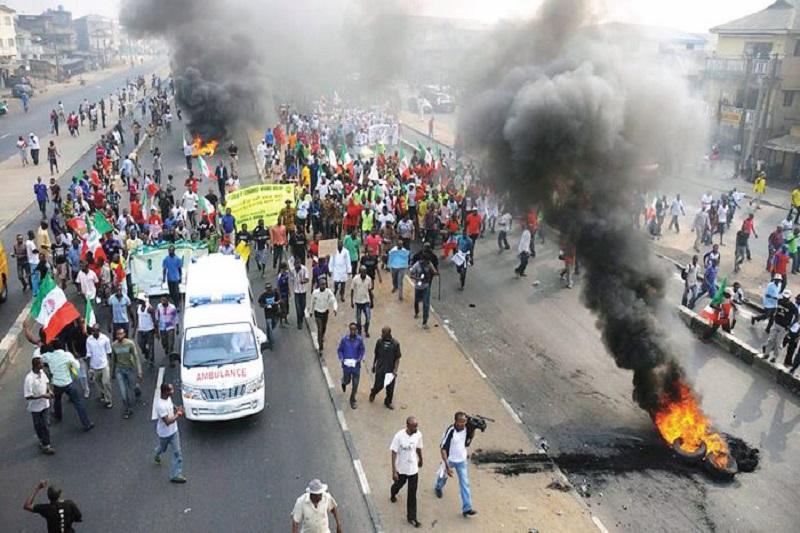According to community leaders and local authorities, at least 13 people have been killed in new skirmishes between farming and herding groups in central Nigeria since Friday. Herder and farmer groups in the central state of Plateau, who are contending over the usage of land and resources, have been known to engage in violent combat in recent weeks, which has led to a revival in the state’s overall level of tension.
On Friday, five herders who were on their way to a market to sell their livestock “were arrested and killed” in the hamlet of Rawuru by claimed “Berom youths,” which is an agricultural settlement, according to local Fulani herders’ representative Nuru Abdullahi, who detailed the situation. Berom youth representative Pius Dalyop Pam said that after that, in what appears to have been a retaliatory attack, accused Fulani herders’ ‘ slaughtered eight Berom farmers in the same Rawuru hamlet.
Alfred Alagbo, a spokesman for the local police department, has confirmed the most recent incident and its death toll. He claimed that it came after the slaughter of herders, but he was unable to confirm the casualty count of the initial assault. In recent years, demographic pressure and climate change have made the already volatile situation in the north-western and central areas of Nigeria much more volatile. These regions are frequently the scene of violent clashes between farming groups and herding tribes over the use of available land and water supplies.
Related Posts
A wider range of criminal activity has emerged in the area as a result of the string of homicides and the retaliatory acts that followed. Gangs have been carrying out targeted attacks on villages, killing locals by the dozen, plundering, and kidnapping for ransom in order to fund their operations. Since the middle of May, there have been deadly skirmishes between communities in the same state of Plateau, which have resulted in the deaths of over 120 individuals. Because of the violence, more than 3,000 individuals have been forced from their homes.
According to Mr. Alagbo, the local authorities have deployed mobile police units in numerous areas of Plateau State in an effort to “restore peace” because they are afraid that the violence could erupt once more. The recent string of homicides, which were then followed by acts of retribution, has given birth to widespread criminality in the region, with gangs carrying out targeted attacks on communities, mass kidnappings, and looting of property.
Nigeria is the most populous country in Africa and has the largest economy on the continent. Nigeria’s new president, Bola Tinubu, who was sworn in at the end of May, has a number of security issues in his new role as head of state. He has pledged, much like his predecessors before him, to make the fight against insecurity “his top priority.”

